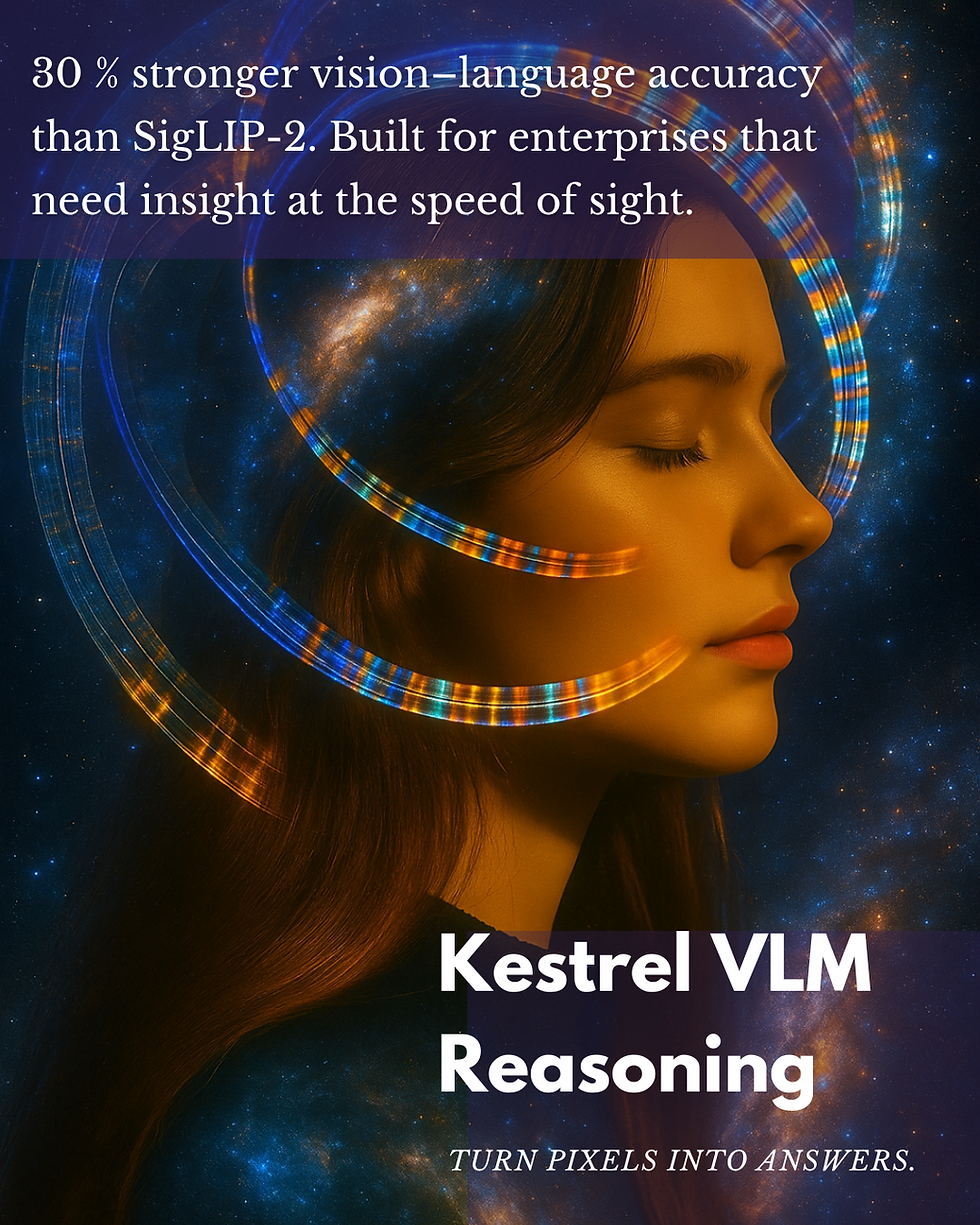AtlasTune: A Scalable and Memory-Efficient Approach to Fine-Tuning Large Language Models On The Edge
- Hina Dixit
- Jun 5
- 3 min read
Updated: Jun 9

As large language models (LLMs) continue to transform AI at scale, the question is shifting from "What can these models do?" to "How do we adapt them efficiently, safely, and at low cost?" Fine-tuning LLMs remains a bottleneck in practice. Full-model fine-tuning is memory-intensive, computationally expensive, and difficult to deploy or audit in production. Parameter-efficient fine-tuning (PEFT) methods have emerged as promising alternatives, but they often trade off generality, modularity, or system simplicity making it hard to adapt for on-device models with little user data.
We introduce AtlasTune: a novel fine-tuning framework designed to address these trade-offs simultaneously. It enables efficient adaptation of small and large language models - without modifying base model weights, and without incurring significant memory or compute overhead but achieving similar performance to full fine-tuning.
Motivation
The need for scalable fine-tuning strategies for on-device models is driven by several practical challenges:
Infrastructure limits: Most user devices lack the GPU and memory capacity to run full fine-tuning at scale.
Deployment safety: Altering core model weights makes updates risky and irreversible.
Multi-task scenarios: Requiring multiple full fine-tuned versions of a model creates redundancy and complicates system design.
Foundation model reuse: As base models become shared resources, non-invasive adaptation becomes critical.
Existing methods like LoRA, Adapters, Prefix-Tuning, and IA³ address pieces of this problem. However, each makes compromises—either in parameter efficiency, architectural modularity, or downstream applicability.
AtlasTune is built to eliminate these compromises.

Overview
At its core, AtlasTune introduces a fine-tuning mechanism that scales internal components of the model in a lightweight, structured, and highly parameter-efficient manner.
What distinguishes AtlasTune is not just the compression, but how and where the adaptation is applied:
Internal signal modulation: Rather than inserting layers or rewriting weights, AtlasTune applies targeted scaling to the attention system within each transformer block. This preserves the base model architecture and maintains compatibility with existing inference infrastructure.
Parameter sharing & Compact parameterization: AtlasTune avoids per-layer redundancy by organizing transformer layers into depth-aware groups. Instead of storing large, dense matrices, AtlasTune leverages a structured parametrization to express adaptation signals using fewer degrees of freedom, achieving both expressivity and efficiency.
Compatibility with standard training optimizations: AtlasTune supports mixed precision training, gradient checkpointing, and gradient accumulation, making it well-suited for training on limited hardware.
Task flexibility: Unlike some PEFT methods that focus exclusively on classification, AtlasTune generalizes to generative tasks and is fully compatible with autoregressive decoding.
Reinforcement-based tuning: AtlasTune incorporates a reward-driven training signal based on internal model uncertainty, allowing for generation fine-tuning without labeled data or external evaluators, making it perfect for on-device models on cosumer devices and systems.

Empirical Performance
AtlasTune was evaluated on benchmark NLP tasks using the Qwen3 0.6B & Llama2 7B model and compared against full fine-tuning, LoRA, IA³, Prefix-Tuning, and adapter-based methods.
Key findings:
AtlasTune matches or exceeds full fine-tuning accuracy with less than 0.1% of the model’s parameters.
Peak GPU memory usage is reduced by over 70% compared to other PEFT methods.
It maintains consistent performance across classification and generation tasks.
The modular design allows multiple task-specific adapters to coexist without interference.
These results demonstrate that AtlasTune is not just parameter-efficient - it is infrastructure-efficient, deployment-friendly, and task-general.


Use Cases
AtlasTune is especially suited for:
On-device or edge deployment, where memory and compute constraints are strict
Multi-task learning, where a single base model supports many adapters
Federated and privacy-sensitive fine-tuning, where the base model must remain unchanged
Rapid experimentation, allowing for fast, safe iteration on new tasks
Self-improving generation models, trained without external supervision
Next Steps
AtlasTune is currently under active development and integration in multiple systems. We are engaging with select partners in industry and academia to explore collaborative applications, including:
Efficient LLM adaptation pipelines
Decentralized and privacy-preserving model tuning
Model personalization at the edge
Task-specific generation tuning without human annotation
To maintain the integrity of our approach, we are not yet disclosing full implementation details publicly. Technical discussions are available under NDA.
Conclusion
AtlasTune represents a new direction in efficient fine-tuning - one that combines structured design, low-memory operation, and broad task generality without sacrificing safety or scalability. If you're working on large models and need to adapt them without rebuilding infrastructure, retraining entire networks, or compromising deployment reliability, AtlasTune offers a practical and forward-looking solution.
For technical collaborations or investment discussions, please contact us directly.




Comments